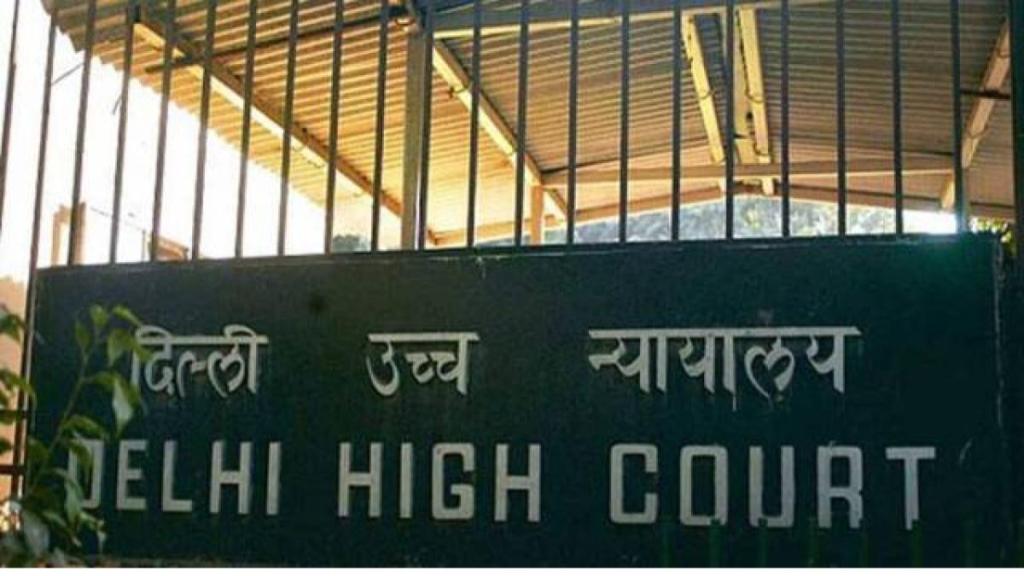The Delhi High Court on Monday permitted the Enforcement Directorate (ED) to serve its petition electronically to 35 accused in the alleged 2021-22 excise policy money laundering case, citing cost-efficiency.
Justice Manoj Kumar Ohri granted the ED’s request, noting the agency’s submission that serving physical copies of the 1,500-page appeal paperbook would cost approximately Rs 3 lakh. The court clarified that if any accused demands a physical or legible copy, their request would be addressed.
Also Read:ED alleges Amanatullah Khan misused public funds intended for Delhi riot victims
The petition challenges a trial court’s directive requiring the ED to supply “unrelied documents”—those not used by the prosecution to substantiate its case—to the accused. Among the 40 accused are AAP leaders Arvind Kejriwal, Manish Sisodia, Sanjay Singh, BRS leader K Kavitha, and several businessmen.
The ED argued that the trial court’s order contradicted a Supreme Court ruling, which mandates providing only a list of unrelied documents, not the documents themselves, at this stage of the case.
Also Read:Arvind Kejriwal used part of ‘liquor scam’ kickbacks, claims ED; AAP refutes
The high court earlier sought responses from all 40 accused and directed notices to be served through all permissible modes. With 35 remaining unserved, the ED sought permission for electronic service, which the court approved.
The trial court’s November order required the ED to supply the chargesheet and digitised records of unrelied documents, prompting the agency to approach the high court.
Also Read:ED action in excise policy case gross affront to process of law: Kejriwal tells Supreme Court
The money laundering case stems from alleged irregularities in the Delhi excise policy’s implementation, which reportedly favoured licence holders. The policy, implemented in November 2021, was scrapped in September 2022 following corruption allegations. The investigation was initiated after Delhi Lieutenant Governor V K Saxena recommended a probe by the CBI, which subsequently led to the ED’s involvement.
The matter is scheduled for further hearing on January 30, 2025.


